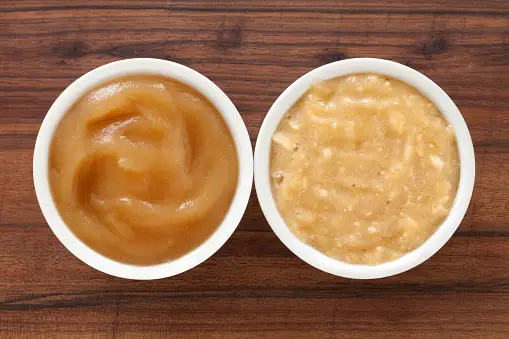The holiday season is upon us, meaning harmattan is also approaching. Protecting your baby during this cold and chilly weather is paramount if you're a new mum. This short guide will help protect and treat your minor from cold and catarrh.
Should you give your baby cold medications?
Except your baby’s paediatrician recommends it, skip over-the-counter medications. Cold and catarrh medications aren't often recommended for babies under the age of 2 years old.
Watching your baby in discomfort can be a painful and disturbing sight. However, you can use medically safe home remedies to manage and treat your baby’s cold and catarrh.
- Ensure your baby is hydrated
The thick mucus blocking your baby’s nose causes dehydration. Feed your baby enough breast milk if they're exclusively breastfed or formula milk if they're not. If your baby is on mixed feeding, ensure they drink enough water. Do not feed them juice or sodas, as they're high in sugar.
To determine whether your baby is properly hydrated, check their urine colour. If it's light, your baby has enough hydration. If it's dark, offer them a few drops of fluid. But don't overfeed them.
- Use saline drops
Saline drops help nasal congestion by loosening thick mucus, obstructing airflow in the nose. Saline drops are available as drops or sprays at pharmacies around you. Follow the instructions for proper application.
Add half a teaspoon of salt into warm water and use this as a nasal drop. Turn your baby on their back and use a dropper to add two to three drops of this solution into their nostril.
- Use a bulb syringe
Your baby is too young to blow out mucus themselves due to the fragile cartilage around their nose (nose bone). You can use a bulb syringe to clear out the mucus.
To draw out mucus, squeeze the bulb syringe and insert half a quarter or half an inch of the syringe in one nostril. Release your hands to automatically suck out the mucus. Squeeze the syringe to release the mucus and clean it with soap and water.
- Use a tepid sponge
A warm bath with a sponge can help reduce their temperature and fever. Fill your baby’s bath with warm water, soak the sponge in and use this sponge to wipe your baby. Don't use cold water for this; take them out of the bath when they're cold.
- Sleep
Sleep is a vital process to boost your baby’s immune system. While it may be challenging to sleep when they have a cold, fighting this virus is essential. To help them sleep better, use physical touch like cuddles. Your touch may help them feel more relaxed and comfortable.
- Steam your baby
If your baby is cold, run a hot shower with closed doors and windows. This will enable the room to fill with steam. Sit your baby in a bath for 10 to 15 minutes. When your baby inhales this moist air, it’ll help clear their blocked nose. The perfect time to do this is before bed so they can fall asleep easier.
Cold and catarrh are common in babies due to their fragile immune system. Sometimes, a cold may lead to other serious complications. If your baby is less than 3 months old, fussy, and doesn't eat, take your baby to the hospital. See a doctor if your baby is older than 6 months and has a cough or mucus longer than 10-14 days. Also, see a doctor if they have had a high fever for more than 3 days.
Frequently Asked Questions (FAQs)
- Can I give my 2-month-old baby paracetamol syrup to treat their fever?
Do not give your baby any medication without a doctor's prescription. Consult your baby’s paediatrician for proper medication.
- Can I use hot balm on my baby’s nose?
Hot balms might be too harsh for your baby’s nose. Apply mild infant hot balms on their body to relieve them of nasal congestion.
- Can I steam my baby with a hot towel?
A hot towel might burn your baby. Try bathing your baby with hot water.










Comments